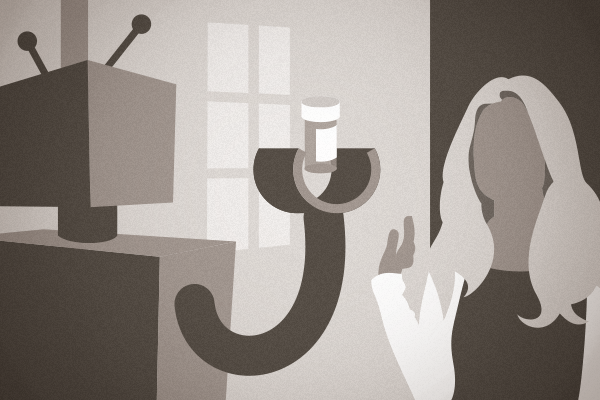David Chou was recently interviewed for a piece at Healthcare Informatics about how the healthcare industry should take a hint from the internet giant Amazon “in order to achieve patient engagement.”
Chou’s reasoning for using analytics to understand patient behavior and patterns is proactive, and indicative of what Direct Care believes should be the standard. He says “We need to project what issues each patient is going to have.”
But to gain the data, technology must be embraced more than it is today – by both patients and healthcare workers. According to the 2014 HIMSS Analytics Mobile Devices Study, it looks like we’re on the right track!
“Interest in telehealth is growing among providers, which could help keep patients out of the hospital. In addition, more than 50 percent of U.S. hospitals are using smartphones and/or tablets and 69 percent of clinicians are using both a desktop/laptop and a smartphone/tablet to access data.”
So how do we continue this trend? Chou says it’s all about changing behavior.
“I think it’s not what they need to know, it’s changing their behavior and how they practice medicine. They do get called for emergencies, but when that [engagement] floodgate opens you know the patient is going to [contact] the doctor anytime they have concerns. It won’t have to be urgent. So it’s a behavior change more than anything. Most of the physicians they know how to use technology. Everyone has text messaging. Everyone knows how to use two-way communications applications. It’s not that they don’t know what they’re doing, it’s just not on a professional manner.”

